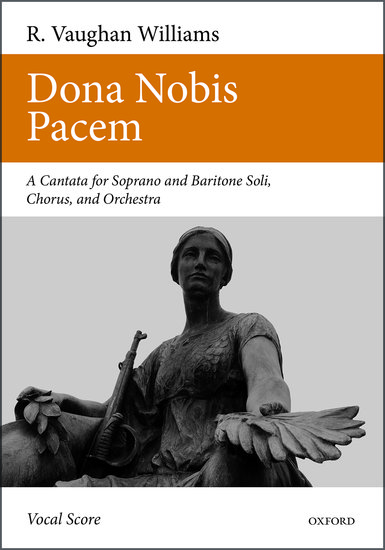Composer Hilary Tann in eight questions
Here, we interviewed composer Hilary Tann. Praised for its lyricism and formal balance, Hilary Tann’s music is influenced by her love of Wales and a strong identification with the natural world. A deep interest in the traditional music of Japan has led to private study of the shakuhachi and guest visits to Japan, Korea, and China.







